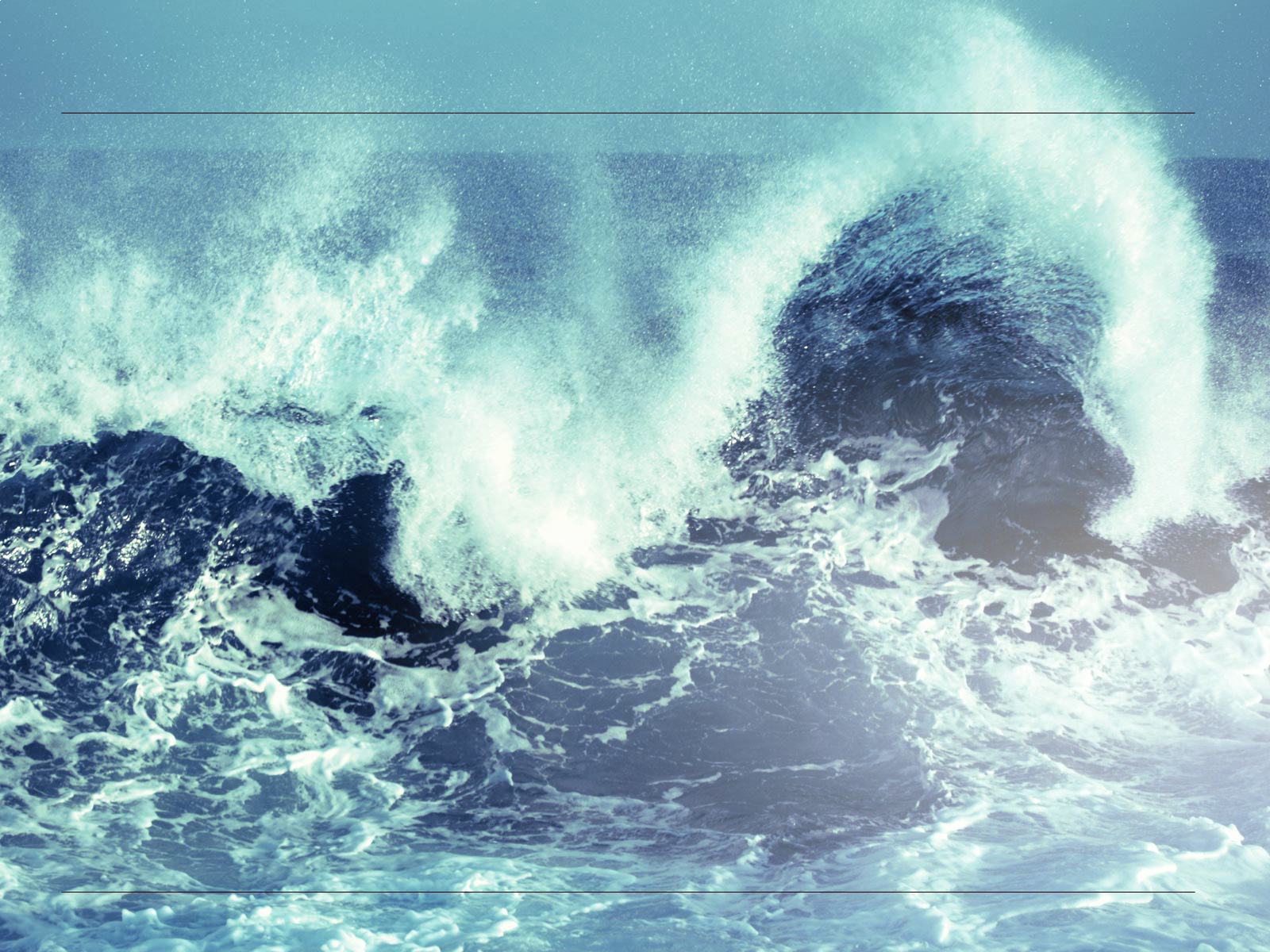There was an overwhelming sense of concern and urgency at the third annual Our Oceans conference hosted by John Kerry, the US secretary of state. Hundreds of leaders from 90 countries gathered in Washington, DC to discuss the detrimental impact of marine pollution and climate change on our natural resources and the global economy. “Protecting our ocean is a great necessity for global food security, given that more than 3bn people – 50% of the people on this planet– depend on fish as a significant source of protein,” Mr Kerry underscored.
Human activity is destroying marine habitats. Waste continues to feed into the five garbage patches floating on the surface of the ocean. Unless people act now, seafood may disappear by 2048. This would be a disastrous loss of food, and would lead to an estimated 12% reduction in global employment. Our neglect to significantly change our purchasing habits and inability to manufacture sustainable products has led us down a dangerous path that threatens the livelihoods of people globally. Fortunately, leaders at the conference committed to creating 40 new or expanded marine protection areas, as well as providing US$5.3bn to combat pollution and address the crippling impacts of climate change.
The challenge is to sustain this momentum and keep the issue of ocean sustainability elevated at a global level. The consequences of current practices will largely impact the next generation. Thus, it is critical for both public and private sectors to align their resources and expertise to educate and empower millennial leaders.
Millennials are innate environmentalists
With unsustainable practices reaching crisis levels, millennials have a strong sense of environmental consciousness and understand how these practices will shape their future. The sensitivity of this cohort can be harnessed to reduce the negative aspects of individual lifestyles and collective industry. Institutions must identify sustainable actions, launch widespread communication campaigns and connect their business with millennial leaders who will accelerate behavioral change. Governments that create youth advisory committees and include young people in high-level conversations will cultivate active citizens who will become a powerful point of leverage for the adoption of environmentally friendly policies.
The creativity, drive, and ingenuity of the next generation of leaders was present at the Our Ocean Leadership Summit, a parallel event to the Our Ocean Conference, co-hosted by the US State Department, Georgetown University, and the Sustainable Oceans Alliance. During the two-day event, 150 international students discussed solutions with notable world leaders such as Maria Damanaki, former EU commissioner for maritime affairs; Dr. Jonathan Pershing, former US special envoy for climate change; explorers Philippe and Ashlan Cousteau; and Charles Goddard, Asia Pacific editorial director for The Economist. Student pledges that resulted from this convening include: harnessing smartphone technology to combat illegal fishing, redefining engineering by only using sustainable materials, and transforming the arts to raise ocean awareness across cultures.
It is clear that we have the capacity, ingenuity, and willingness to transform peoples’ beliefs and actions to be in accordance with restoring and protecting the planet. Thus, every investment made in a young mind and every new idea that is forged through cross-generational collaboration will allow us to leave behind healthy oceans full of life.
The views and opinions expressed in this article are those of the authors and do not necessarily reflect the views of The Economist Intelligence Unit Limited (EIU) or any other member of The Economist Group. The Economist Group (including the EIU) cannot accept any responsibility or liability for reliance by any person on this article or any of the information, opinions or conclusions set out in the article.




